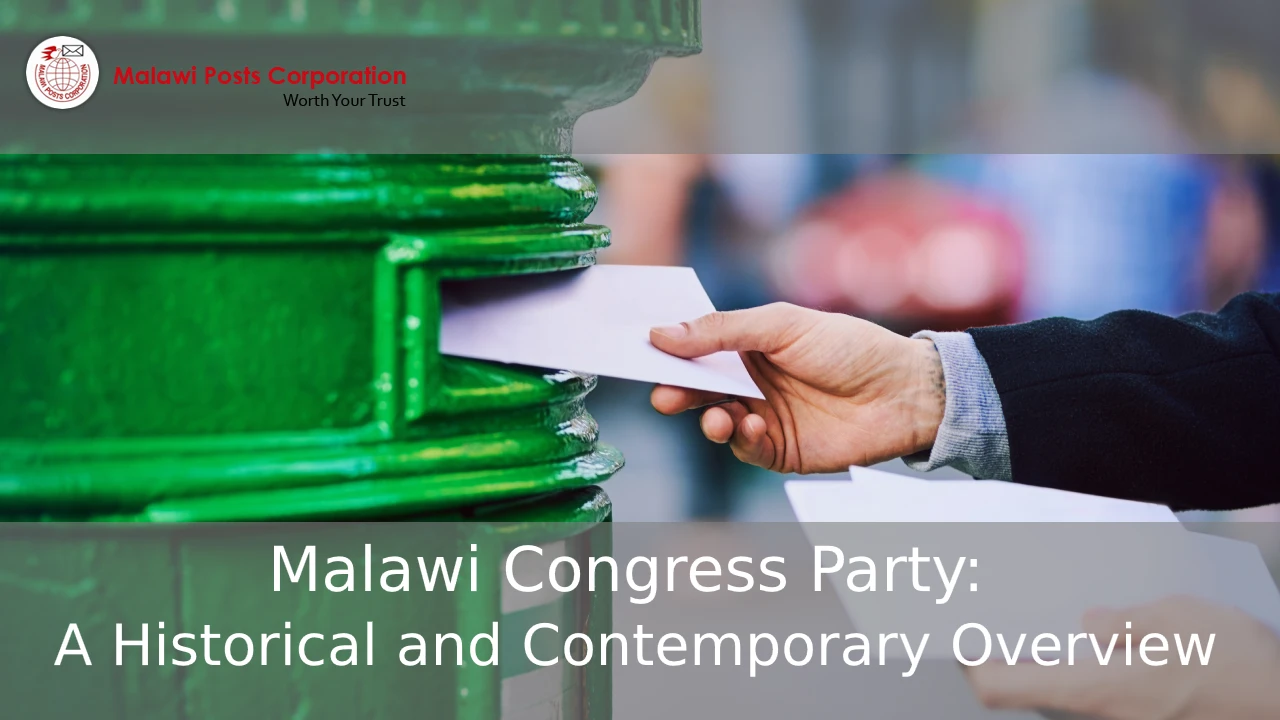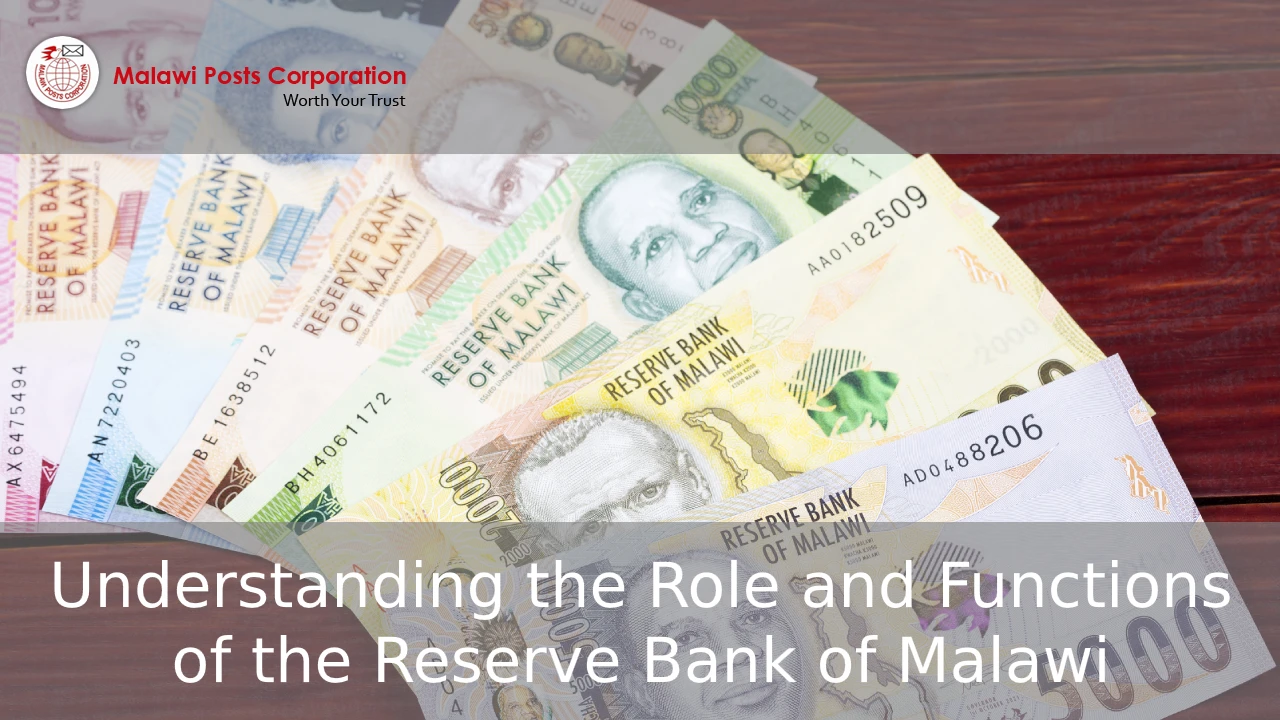The Malawi Congress Party (MCP) occupies a significant position in the history and politics of Malawi. Since its establishment, the MCP has played a pivotal role in shaping the country’s political landscape, transitioning from its early days as a resistance movement to its modern-day standing as a leading entity in governance and national development.
This blog provides an in-depth exploration of the party’s history, its political ideology, notable achievements, and its current contributions to Malawi’s socio-economic progress. Whether you are a student of African politics, a Malawian citizen, or simply curious about the nation’s political heritage, this article will unpack the essence of the Malawi Congress Party and its enduring legacy.
The Birth of the Malawi Congress Party
The Malawi Congress Party originated as a response to colonial rule. It was formally established in 1959 as a consolidation of nationalist movements aimed at gaining independence for Malawi, then known as Nyasaland. The party absorbed and transformed the Nyasaland African Congress into an organized front to challenge British colonial rule.
Under its first leader, Dr. Hastings Kamuzu Banda, the MCP spearheaded a successful independence movement, achieving Malawi’s independence from Britain in 1964. Soon after, the MCP established itself as the dominant political force, with Dr. Banda serving as the first President of the Republic of Malawi, leading a single-party state for three decades.
The Single-Party Era
Between 1964 and 1994, Malawi functioned as a one-party state under the leadership of the MCP. While this era was marked by political centralization and suppression of dissent, it also saw significant developments in infrastructure, education, and public health. Projects such as the construction of Kamuzu International Airport and the creation of an extensive road network showcased the party’s focus on national development. However, this period also saw widespread censorship and authoritarian governance, which led to growing domestic and international calls for reform.
The Transition to Multi-Party Democracy
The political landscape in Malawi began to shift in the early 1990s, driven by increased public demand for political pluralism as well as external pressure from global powers advocating for democratic reform. The MCP faced its first competitive elections in 1994, marking the end of its three-decade dominance as a single-party government.
Although the MCP lost power to the newly-formed United Democratic Front (UDF) led by Bakili Muluzi, the party remained a strong player in Malawi’s politics. Since then, it has positioned itself as both a credible opposition force and a key player in coalition governments.
Modern Political Relevance
Today, the MCP is a central political figure in Malawi under the leadership of Dr. Lazarus Chakwera, who became President of Malawi in 2020 after a historic election victory. President Chakwera’s leadership has marked a new chapter for the MCP, blending the party’s legacy with a forward-looking agenda aimed at addressing contemporary challenges such as economic growth, healthcare improvement, and equitable governance.
Core Ideology and Vision
The MCP’s political ideology is rooted in principles of unity, development, and social justice. The party has consistently emphasized the importance of national cohesion and inclusivity, aiming to bridge political, regional, and ethnic divides.
Under its current leadership, the MCP has integrated modern development strategies with its ideological commitments. The party underscores the value of transparency in governance, equitable economic policies, and investments in education and rural development.
Achievements under Current Leadership
Since returning to power in 2020, the MCP, under President Lazarus Chakwera, has embarked on several key initiatives, including:
- Economic Recovery Programs: Addressing critical challenges such as unemployment and income inequality through economic reforms.
- Healthcare Advancements: Strengthening healthcare systems with a focus on combating COVID-19 and improving access to health services across rural areas.
- Education Reform: Introducing policies aimed at making quality education more accessible to all Malawians.
- Anti-Corruption Drive: Committing to enhancing accountability within public institutions and eliminating corruption at all levels of governance.
The MCP’s Role in Society
Beyond governance, the Malawi Congress Party has sought to foster a sense of community and national identity. Its historical emphasis on cultural preservation and national pride continues to resonate with many Malawians, making it not just a political entity but a symbol of the country’s independence and resilience.
Engaging the Youth
One notable shift within the modern MCP is its focus on engaging Malawian youth. Recognizing that a significant portion of the population is under 35, the party has made commitments to incorporate youth voices into policymaking processes, encouraging entrepreneurship and creating opportunities for the younger generation.
Challenges and Criticism
Despite its accomplishments, the Malawi Congress Party has faced criticism over the years. Under its authoritarian rule during the one-party era, opposition voices were often suppressed, and governance lacked political freedoms. Even today, the party faces scrutiny over its pace of delivering on promises, as well as its ability to fully tackle corruption and economic stagnation. Addressing these challenges will be key to maintaining public trust and securing its political future.
The Road Ahead for the Malawi Congress Party
The MCP continues to evolve, striving to adapt to the changing needs of a modern Malawi. Its focus on inclusive governance, economic resilience, and social justice positions it as one of the nation’s strongest political players. However, sustaining this relevance will depend on tangible progress in addressing the pressing challenges facing the country.
For Malawians, the MCP represents both a connection to an important chapter of their history and a partner in building the nation’s future. Its unique blend of tradition and innovation ensures it remains woven into the social and political fabric of Malawi.



